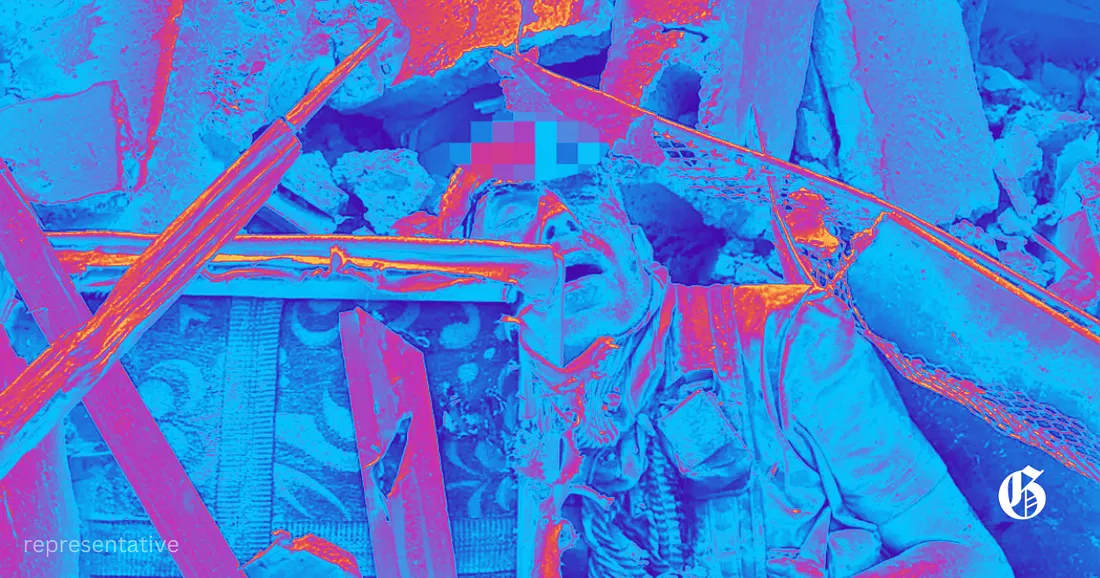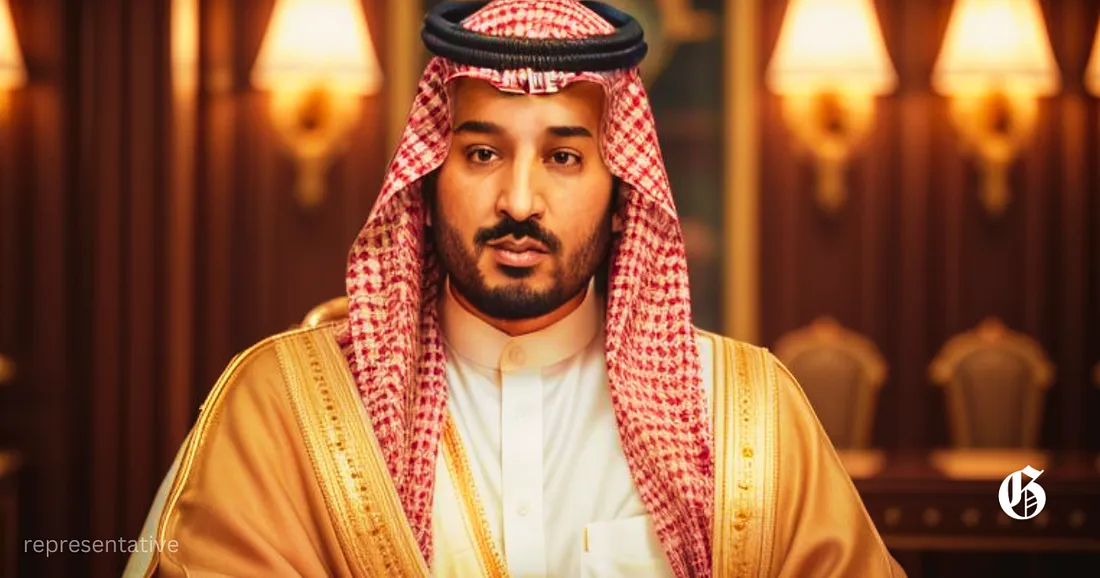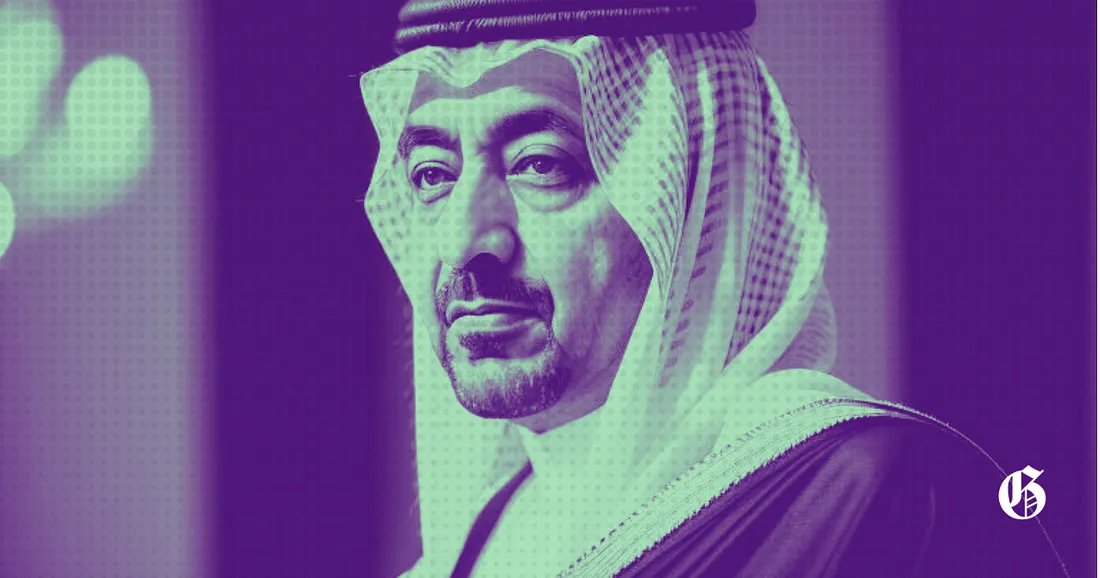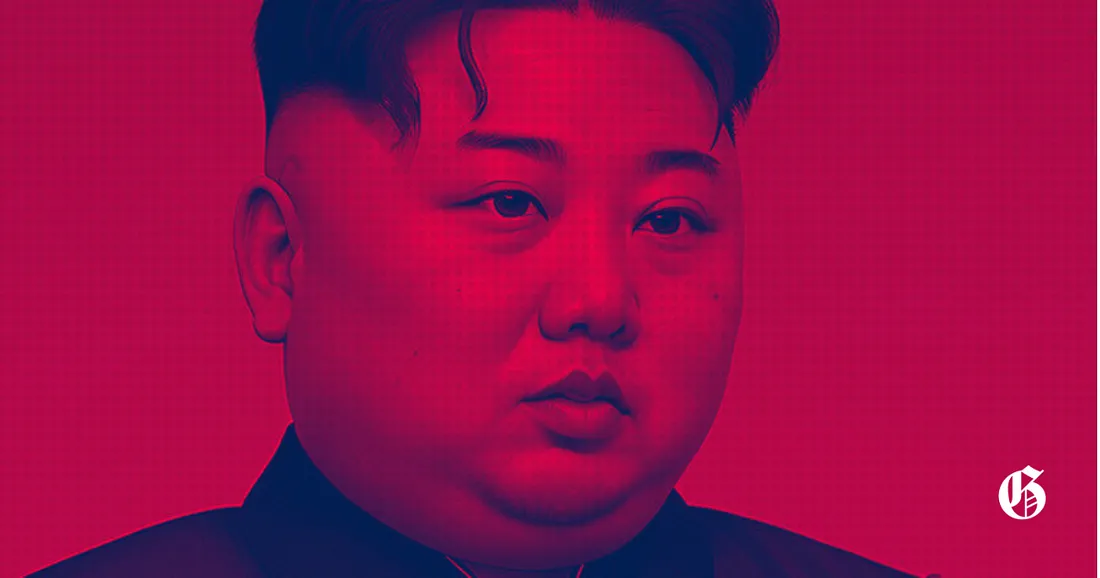The Case for Strict Immigration Control: Protecting Western Civilization and Maintaining Global Order
In an era of unprecedented global migration, Western nations such as Europe, the United States, and Australia face multifaceted challenges that threaten the stability of liberal democracies. Concerns over cultural erosion, political instability, and the rise of radical ideologies demand an urgent reassessment of immigration policies. To safeguard Western civilization, policymakers must embrace stricter immigration controls, consider gradual repatriation for unassimilated migrant populations, and implement strategies to bolster national birth rates.
The Urgency of Action
1. Protecting Cultural Identity
The cultural fabric of Western nations is at risk of dilution due to the significant influx of migrants from diverse backgrounds. The process of assimilation often faces barriers, resulting in social fragmentation. Research highlights the challenges of integrating migrant communities into host societies without compromising existing cultural identities. To preserve social cohesion, Western nations must prioritize:
- Substantially reducing immigration rates.
- Promoting assimilation programs for existing migrants.
- Repatriating individuals who are unable or unwilling to align with host nation values.
2. Enhancing National Security
Unregulated immigration increases vulnerabilities to radical ideologies and domestic unrest. Studies indicate that some extremist groups exploit migration routes to infiltrate liberal democracies. These concerns necessitate:
- Comprehensive vetting procedures for immigrants.
- A robust framework for monitoring and mitigating potential threats from radicalized individuals.
For example, data from the European Union reveals a correlation between poor integration policies and increased risks of homegrown terrorism (European Commission [1]).
3. Countering Authoritarian Influences
As internal divisions grow, Western nations risk becoming susceptible to external pressures from authoritarian regimes like those led by Vladimir Putin and Xi Jinping. These powers seek to exploit instability within democracies. Strengthening immigration controls can fortify national resilience and preserve the democratic values that underpin global stability (The Diplomat [2]).
Fostering National Growth
1. Encouraging Higher Birth Rates
Western nations face declining birth rates, which jeopardize their long-term economic sustainability. A report from the OECD highlights the demographic challenges faced by countries with low fertility rates (OECD [3]). Governments should address these by:
- Offering tax incentives for families.
- Expanding parental leave policies.
- Subsidizing childcare costs.
These initiatives can create a supportive environment for families and help sustain a balanced demographic structure.
2. Investing in National Identity
Preserving the cultural heritage of liberal democracies requires immigration policies that prioritize individuals who share or respect foundational values such as liberty, equality, and democracy. A study published in the Journal of Social Policy suggests that selective immigration policies can enhance social cohesion and maintain democratic integrity (Journal of Social Policy [4]). Western nations should focus on:
- Screening applicants for alignment with democratic values.
- Promoting civic education programs for new residents.
- Restricting immigration from regions with ideological conflicts.
Conclusion
The preservation of Western civilization and its liberal democratic values is not merely a national priority—it is a global imperative. As the world faces rising migration pressures, Western nations must adopt stringent immigration policies to:
- Safeguard cultural identity.
- Strengthen national security.
- Counter authoritarian threats to the global order.
By fostering a renewed commitment to cultural preservation and democratic principles, Western societies can ensure their stability and resilience in the face of modern challenges. The future of global order depends on these nations’ ability to maintain their integrity and leadership in a rapidly changing world.















